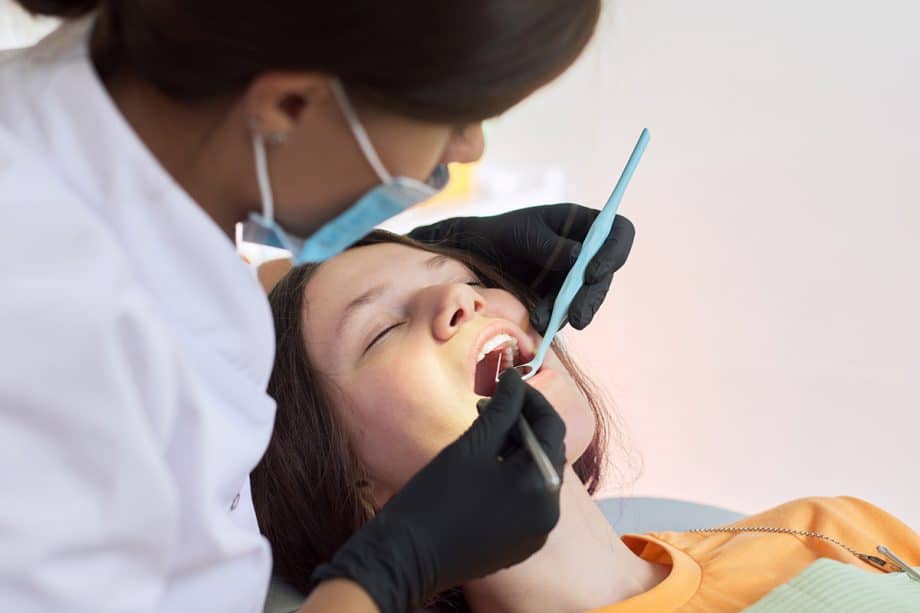People with certain underlying health conditions or anxiety may have a difficult time when it comes to dental procedures. For these patients, a technique known as “sedation dentistry” can help provide a much more relaxed procedure experience without unnecessary stress.
Below we'll explain exactly what sedation dentistry is and whether it may be right for you.
What Is Sedation Dentistry?
Sedation dentistry (or sedation anesthesia) is a technique that uses various medications to help patients relax and remain calm during dental procedures. Patients have reduced consciousness during the procedure and are in a relaxed state that helps to alleviate stress and discomfort.
What Type Of Sedation Is Used?
Nitrous oxide
This common sedative in the dental office is often referred to as "laughing gas" and has been safely used in dentistry for some time. The patient receives the gas through a small mask placed over their nose, and their dentist monitors the amount of gas the patient receives in order to maintain the proper level of relaxation.
A benefit of nitrous oxide is that it leaves the body quickly, so patients can return to full alertness soon after the procedure. In most cases, patients can safely drive themselves home after nitrous oxide.
Oral conscious sedatives
In this method, your doctor will prescribe sedatives to be taken by mouth. Your doctor will also go over instructions for how and when to take the medication in preparation for your procedure.
Oral sedation lasts longer than nitrous oxide, so patients will often feel groggy for several hours after their procedure is completed. Because of this, patients will need a trusted friend or family member to drive them home afterwards.
IV sedatives
In this case, a sedative is administered via a small IV catheter placed into the patient's arm. This method provides the strongest effects, as patients can fall asleep during the procedure while still breathing on their own.
Your doctor and procedure staff monitor your anesthesia dosage and vital signs to make sure that you are safely sedated at all times. Like oral sedation, you will need a trusted friend or family member to bring you home after the procedure.
Your dentist will determine which of these methods is best for you based upon your medical history and your planned dental procedure.
Am I A Good Candidate For Sedation During My Dental Procedure?
To find out if sedation dentistry is an option for you, it's best to consult with your dentist to review your medical history. At that time, your dentist will determine which options are best for you.
Generally, patients with certain underlying medical conditions are most often helped by sedation anesthesia. These include:
- Anxiety
- Fear of dental procedures
- Sensitive gag reflex
- Rapid novocaine metabolizer
- Tooth sensitivity
- Claustrophobia
- Certain cognitive or behavioral challenges
There are other instances where sedation anesthesia may also be appropriate. If you feel that you may benefit from sedation, talk to your dentist and discuss all of the options available.
Can Any Dentist Perform Sedation?
In order to offer you a full range of office sedation techniques, your doctor must undergo additional anesthesia training. With the proper credentials, you can rest assured knowing that your sedation dentist has been thoroughly trained to provide you with the safest, most effective anesthesia care that's tailored to your needs.
Sedation dentistry has helped millions of patients avoid undue stress and anxiety when it comes to dental procedures. If you think that sedation dentistry may be a good choice for you, make sure to contact Manchester Oral Surgery. Our compassionate team of professionals can help find the perfect treatment option to fit your individual needs.

